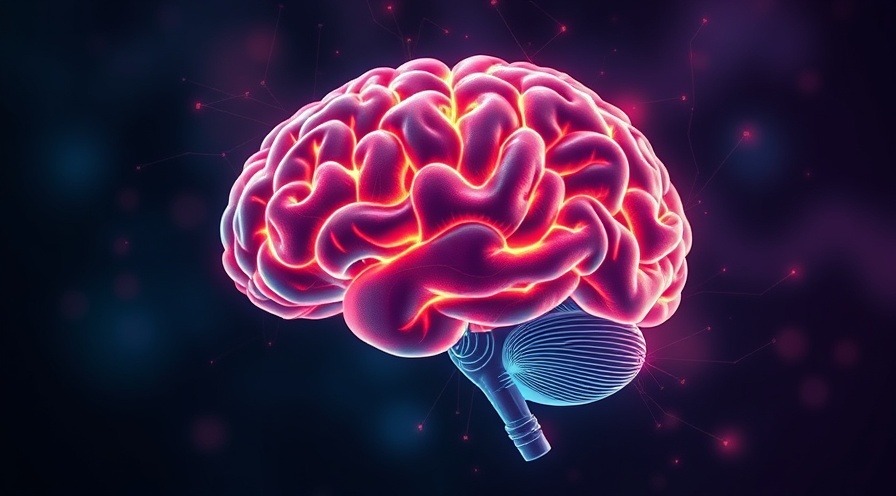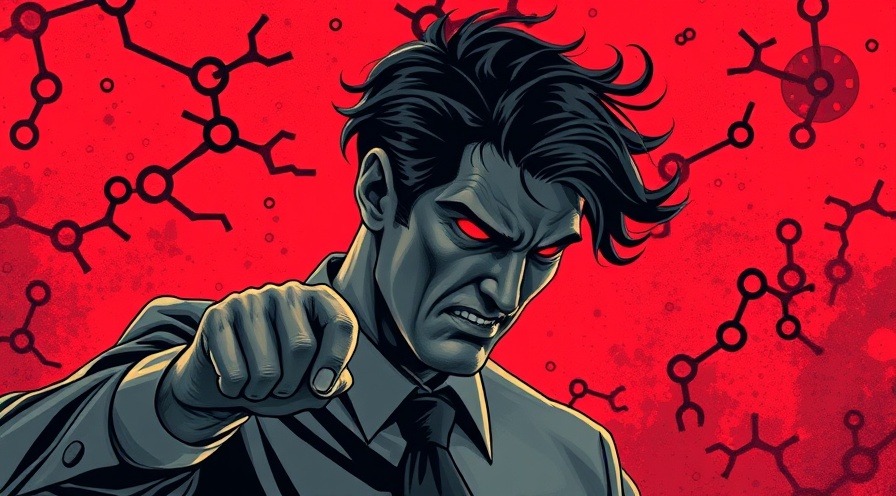
The Revenge Brain: What Neuroscience Reveals About Our Darkest Impulses
I've been diving deep into neuroscience research lately, and let me tell you—some of the findings are absolutely mind-blowing. One discovery in particular has left me questioning everything I thought I knew about human nature and our relationship with pain, pleasure, and justice.
It turns out that when we're plotting revenge, our brains light up in ways that are eerily similar to someone craving their next hit of cocaine or heroin. Yes, you read that right. Revenge and addiction share remarkably similar neural pathways.
When Someone Wrongs Us, Our Brain Goes Into Overdrive
Picture this: someone betrays your trust, disrespects you publicly, or treats you unfairly. Maybe it's a coworker who steals credit for your work, a friend who spreads gossip about you, or even just feeling like society has dealt you an unfair hand. In that moment, your brain's pain network springs into action.
The research shows that grievances—whether they're based on real events or just our perception of being wronged—activate a specific brain region called the anterior insula. This is essentially your brain's alarm system for emotional and physical pain. And here's the thing: your brain absolutely hates being in pain.

The Brain's Quest for Balance
When faced with this emotional pain, your brain desperately seeks to restore balance. It's like a internal scale that's been tipped too far in one direction—your mind instinctively searches for something to tip it back toward equilibrium. That something? Pleasure.
Now, pleasure can come from many sources—good food, exercise, music, time with loved ones. But evolution has wired us with a particularly potent form of satisfaction: the pleasure we get from hurting those who hurt us first.
The Addiction Connection
This is where things get really fascinating and, frankly, a bit disturbing. Over the past twenty years, dozens of brain imaging studies from research institutions worldwide have revealed something remarkable. When we start fantasizing about getting back at someone who wronged us, specific brain regions associated with addiction become incredibly active.
The nucleus accumbens—your brain's craving center—starts firing. The dorsal striatum, which is all about forming habits, joins the party. These are the exact same regions that light up when someone with a substance addiction encounters their drug of choice or even just visits a place where they used to get high.
The Dopamine Rollercoaster
Just like with drugs, dopamine levels surge when we're planning our revenge. This creates that familiar feeling of anticipation and craving that drives addictive behaviors. And when we actually follow through with retaliating against someone? We get a hit of satisfaction and pleasure.
But here's the cruel twist that makes this so much like other addictions: the relief is temporary. The pleasure fades, the pain returns—often stronger than before—and we're left craving more. It's a vicious cycle that can consume our thoughts and energy.

The Collateral Damage
Unlike substance addictions where the primary harm is often to ourselves, revenge addiction creates a ripple effect of pain. To satisfy these cravings, we have to hurt others. And when we do, we're not just damaging our targets—we're potentially triggering their own revenge circuits, creating an endless cycle of retaliation.
Think about it: every act of revenge leaves a trail of wounded people who might now be dealing with their own activated pain networks and their own cravings for payback.
Breaking the Cycle
Understanding this research has completely changed how I think about conflicts in my own life. When I feel that familiar surge of anger and the desire to get even, I now recognize it for what it is—my brain's addiction circuitry trying to hijack my better judgment.
The next time someone wrongs you and you feel that burning desire for revenge, remember: your brain is essentially experiencing the same patterns as someone craving a drug. That awareness alone can be incredibly powerful in helping you step back and choose a different path forward.
Instead of feeding the addiction, we can focus on genuine healing—addressing the real pain underneath the anger and finding healthier ways to restore that sense of balance our brains are desperately seeking.
Sources
1. Journal of Law, Medicine & Ethics (2020)
2. American Journal of Psychiatry
3. Physiological Reviews (American Physiological Society, 2018)
 Add Row
Add Row  Add
Add 




Write A Comment